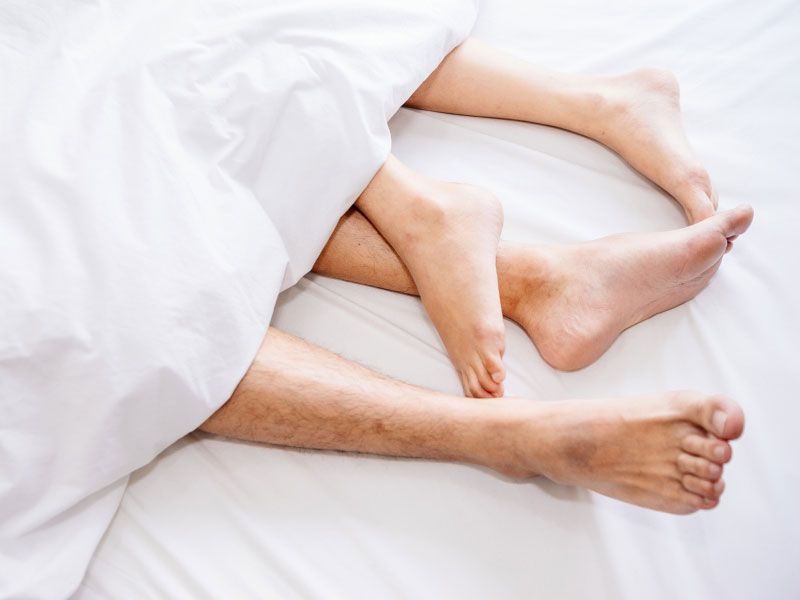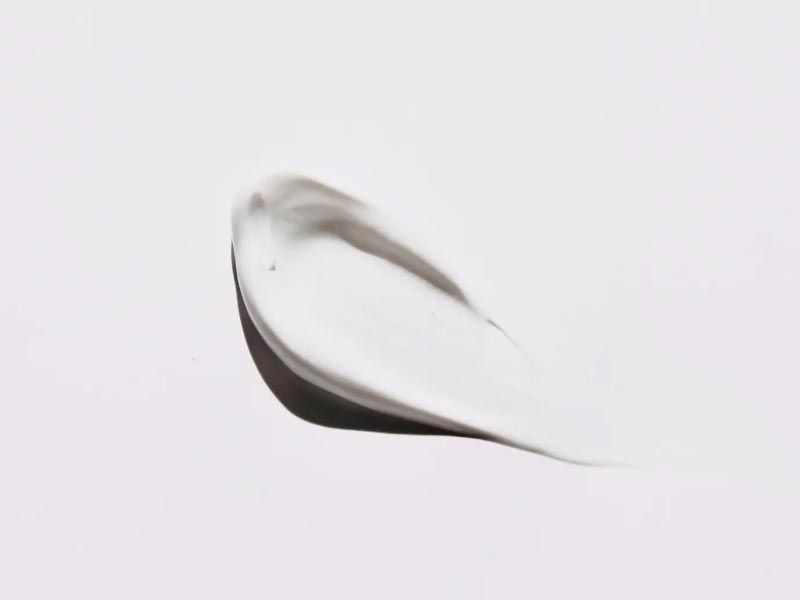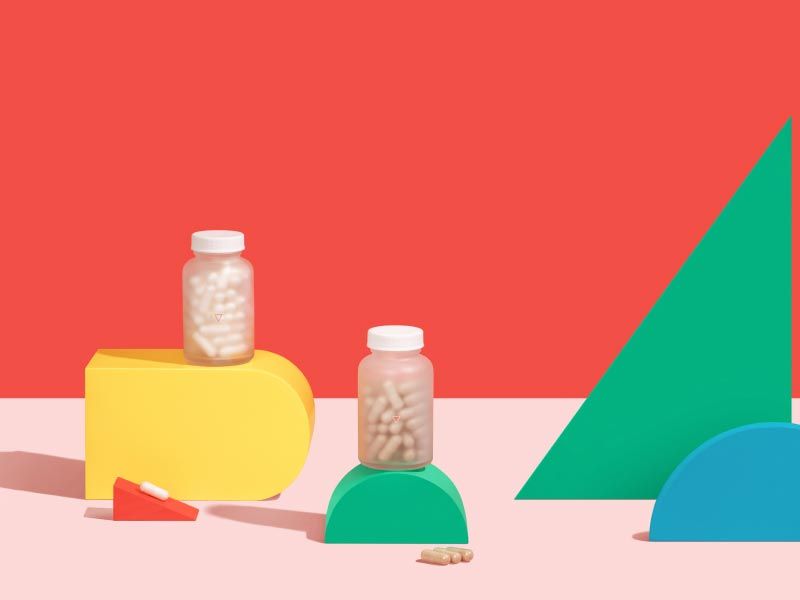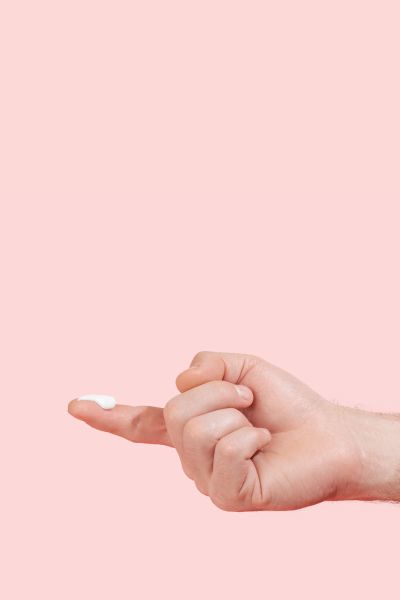
How to Soothe Herpes Outbreaks
Published on April 1, 2021
Updated on May 12, 2025
Written by Kathleen Morrison
Medically Reviewed by Andrea Sleeth WHNP-BC, MSCP
Both genital and oral herpes outbreaks are uncomfortable, inconvenient, and not exactly something you look forward to.
But they’re also completely manageable, and you’re not the only one dealing with this. Lots of people experience outbreaks, and knowing how to care for your body during one can make all the difference.
When you make the right choices, you can feel more in control, more informed, and way more comfortable. Whether it’s your first outbreak or one of many, there are simple, effective ways to soothe symptoms and support your body. From gentle care routines to lifestyle habits that help you take care of your body, we’re covering everything you need to know—no shame, no stress.
You deserve care that’s compassionate, easy to understand, and rooted in real-life experience. Let’s get into it.
What you need to know about outbreaks and symptoms
Let’s talk about herpes simplex virus outbreaks—because when you know what’s going on, it’s way easier to respond with confidence (instead of panic-Googling at midnight).
Both oral and genital herpes are super common, and so are outbreaks. They can look and feel a little different for everyone, but once you know the signs, you can tune in to your body and get ahead of the discomfort.
What is an outbreak?
Basically, it’s your body’s way of saying, “Hey, that herpes virus is back for a bit.”
Herpes likes to hang out quietly in your nerve cells and can pop up now and then—usually when things like stress, illness, your period, or even too much sun come into play. When that happens, you might notice some irritation on your skin as the virus travels back to the surface.
What to look out for
Outbreaks often start with a tiny heads-up from your body: a little itching, tingling, or burning in the area where the herpes sores are about to show up.
Then, you might see small, fluid-filled blisters—usually around the mouth, genitals, or butt. Some folks also feel a bit run-down, especially during their first outbreak. Here are the most common oral or genital herpes symptoms to keep an eye on:
- Tingling, itching, or burning before sores appear
- Painful, fluid-filled blisters or open cold sores
- Swollen lymph nodes
- Fever or body aches
- Feeling tired or generally unwell
Immediate steps to help soothe a Herpes outbreak
When an outbreak shows up, it’s totally valid to feel thrown off—but don’t stress. With the right care (and a little compassion for yourself), you can feel better fast.
Whether it’s your first time or just another flare-up, these quick steps can help soothe symptoms, support healing, and make the whole experience a lot more manageable.
Here’s your no-nonsense guide to what to do right now.
Start with prescription antiviral medications
First things first—prescription antiviral medication is a game changer. It helps your body deal with the outbreak more efficiently and can speed up healing time.
Some people take it just when outbreaks happen, while others use it daily to help keep flare-ups at bay. Taking medication as soon as you feel symptoms is the best way to get ahead of an outbreak and help cut it short.
Wisp treatment options are available only after consultation with a licensed medical professional. You should consult with your healthcare provider before starting a new supplement or treatment regimen. Individual results may vary.
Keep it clean and dry
Your skin’s a little stressed out right now, so show it some love. Gently clean the area with mild, unscented soap and warm water—then pat (don’t rub) it dry with a soft towel or tissue.
If you’re dealing with open sores, using disposable towels helps avoid spreading the virus to other areas.
Use a cool compress
A cold compress can be your BFF when symptoms like itching, burning, or swelling flare up.
Wrap some ice in a clean cloth (or grab a cold gel pack), and gently apply it to the area for about 10–15 minutes. It’s quick, easy relief—but never put ice directly on your skin. Too harsh!
Take a warm sitz bath
Soaking in a few inches of warm water can bring major comfort, especially for genital outbreaks. Toss in a bit of Epsom salt or baking soda if you’d like, and chill there for 10–15 minutes.
Afterward, gently dry off and let the area breathe. It’s like a spa moment for downstairs.
Dress for comfort
Now is not the time for skinny jeans. Stick to loose, breathable clothes—especially cotton underwear and relaxed pants or skirts. Less friction means less irritation and more comfort.
Bonus tip: If you’ve got an oral outbreak, steer clear of spicy, salty, or acidic foods until things calm down. Your mouth will thank you.
Your natural comfort toolkit
Once you've taken care of the essentials (hi, prescription antivirals), there are also some natural additions to bring into your routine that may help ease discomfort and give your body some extra love.
These aren’t miracle fixes—and they definitely aren’t a substitute for meds—but they can support your skin and help you feel a bit more like yourself again.
Aloe vera gel
Aloe vera is basically nature’s version of a chill pill for your skin. If things are feeling hot, itchy, or irritated, a thin layer of pure aloe vera gel can help calm things down.
Look for one with a high percentage of aloe and minimal added ingredients—or scoop some straight from a fresh aloe leaf if you're feeling fancy.
Apply it gently a few times a day and let that soothing magic do its thing.
Diluted essential oils
Essential oils like tea tree and peppermint can feel helpful, but they’re powerful, so handle with care.
Always dilute essential oils in a carrier oil (like coconut or jojoba) before putting them anywhere near your skin. A good rule of thumb: 2–3 drops of essential oil per teaspoon of carrier oil.
Spot test first to make sure your skin is cool with it, then apply gently to the area. If it stings or feels uncomfortable, rinse it off and skip it.
Heads up: While some studies suggest essential oils might have supportive benefits, they’re not regulated by the FDA—so quality can vary. If you're thinking about giving them a try, it's always a good idea to chat with a healthcare provider first and stick with brands you trust. Your body, your rules—but let’s keep it safe and informed.
Manuka or raw honey
No, not just for your tea—high-quality raw or Manuka honey is known for its natural calming properties and can be super soothing when skin is irritated.
Dab a tiny bit onto the area and leave it on for about 15–20 minutes before rinsing with warm water. Bonus: it’s sticky, so you won’t be tempted to touch or scratch at the area while it’s working.
Chamomile and herbal teas
Chamomile, peppermint, and lemon balm teas aren’t just cozy—they’re also full of calming properties that your skin might love.
Steep a strong cup, let it cool, and then gently apply to the area with a clean cloth or cotton pad. You can also add a few cups of herbal tea to a warm bath for a little full-body chill session.
Food and supplements that support your body
Okay, let’s talk nourishment. Your body’s working hard during an outbreak, and giving it a little love from the inside out can go a long way.
While no food or supplement is going to magically make things disappear (if only!), there are some easy things you can add to your routine to help support your body and keep your immune system feeling strong.
Foods that love you back
A colorful, balanced plate isn’t just good vibes—it also helps fuel your body with the nutrients it craves when it's feeling under pressure. Here are a few great ingredients to keep in mind:
- Lysine-rich foods: Lysine is an amino acid that supports your body during outbreaks. You’ll find it in fish, chicken, turkey, and legumes (hello, lentil soup weather).
- Vitamin C heroes: Citrus fruits, berries, kiwi, and leafy greens are all loaded with vitamin C, which can support your immune system and help your skin do its thing.
- Probiotic-packed picks: Fermented foods like yogurt, sauerkraut, kimchi, and kefir help keep your gut bacteria in check, which is a nice little boost for your overall wellness.
Supplement squad
If you’re curious about extra support beyond your plate, certain supplements might be worth chatting about with your healthcare provider. Here's what people often explore:
- Zinc: This one’s known for its immune-supporting superpowers. You can snag it from oysters, beef, and pumpkin seeds—or in supplement form.
- Vitamin D: Sunshine in vitamin form! Vitamin D plays a key role in keeping your immune system feeling ready. If you’re low on sun exposure, consider a daily supplement.
- L-lysine: Some folks swear by this one as a supplement version of the lysine you get in food. It’s super good for you, and many people find it helpful in supporting their body through recurring symptoms.
Quick note: If you’re adding new supplements to your routine, it’s always a good idea to check in with your provider to make sure it works for your body and your needs.
Foods you should limit
Now let’s talk about what might make you feel a little meh during an outbreak. Everyone’s different, but if you’re noticing certain foods tend to flare things up, it might be worth experimenting with swaps. A few common ones:
- Arginine-rich foods: Arginine is another amino acid, but unlike lysine, it can stir things up for some people. Foods like chocolate, nuts, and seeds are higher in arginine—if you’re in the middle of an outbreak, it might be worth hitting pause on those.
- Sugary or super processed stuff: These can be inflammatory and might leave your immune system dragging a bit. Think: soda, candy, or heavily refined carbs.
- Alcohol and caffeine: Booze and coffee can be dehydrating, and your body really wants all the hydration and rest it can get right now. If you’re mid-outbreak, scaling back might help you feel more comfortable.
Gentle habits that bring balance
Let’s talk about the everyday things that can help your body feel a little more balanced, especially during a flare-up. These habits are just some simple ways to support your system and help you feel more grounded and in control.
Managing your stress
Stress is one of those things that can sneak up and make everything feel a little worse, including genital herpes outbreaks. While we can’t completely cancel stress (we wish), there are ways to make life feel a little more manageable.
Here are a few gentle ideas to keep stress in check:
- Deep breathing, meditation, or a few minutes of stretching
- Moving your body in a way that feels good—walking, dancing, workouts, anything that lifts your mood
- Doing something just for fun, even if it’s silly or small
- Talking things out with someone you trust, or journaling it out solo
Whatever helps you feel calmer, make space for that. You don’t need to earn your rest.
Prioritizing rest
Sleep does more than help you feel refreshed—it’s one of your body’s most powerful ways to reset and recharge. Getting enough quality sleep can make a real difference in how you feel, especially during an outbreak.
Try to get 7–9 hours of sleep each night and give yourself permission to slow down when your body’s asking for it. During a flare-up, extra rest isn’t lazy, it’s smart. Let yourself lean into it.
Know your triggers
No two bodies are exactly alike, so what sparks an outbreak for one person might not affect another. Paying attention to how you feel before and during an outbreak can help you notice patterns, and that can be really helpful when deciding what to adjust in your routine.
Things some people find triggering include:
- Long periods of sun exposure
- Hormonal shifts like your period or pregnancy
- Getting sick or recovering from medical procedures
- Friction from tight clothing or intense workouts
- Certain foods or medications
You don’t need to track every single thing, but even a few notes in your phone can help you spot patterns over time.
When to chat to a doctor about your Herpes outbreak
Most of the time, herpes infection outbreaks are something you can manage at home with a little TLC and some tried-and-true support, but there are moments when checking in with a medical provider is a smart move. No shame in that game.
Here’s when it might be time to reach out:
- You’re experiencing your first outbreak and want some guidance (totally valid—new stuff can feel overwhelming)
- Things are feeling extra intense—severe pain or a lot of discomfort
- The sores are near your eyes (definitely something a doctor should take a peek at)
- It’s been more than two weeks, and you’re still dealing with symptoms
- You have a health condition that affects your immune system
- You’re pregnant and want to make sure everything’s feeling good and safe
Whether you’re looking for peace of mind or you just want things to chill faster, prescription antivirals like valacyclovir and acyclovir can be a real game-changer, and these will only come from a professional, not OTC.
Outbreaks happen, but you’re in charge
We all know herpes outbreaks aren’t fun. They can be uncomfortable, emotional, and just plain frustrating. But luckily, there are gentle, effective ways to support your body through it all.
Understanding how your body works, spotting those early signs, and giving yourself the care you need can make a big difference. From cool compresses and soothing natural additions to simple things like more rest, less stress, and foods that love your immune system, you’ve got a whole toolbox of support.
And if things feel intense or symptoms linger, it’s absolutely okay to loop in a healthcare provider. Whether it’s your first outbreak or just a particularly stubborn one, reaching out doesn’t mean something’s wrong—it just means you’re looking out for yourself.
At Wisp, we’re all about easy, discreet care that meets you where you’re at. From prescription antivirals to calming creams, we’ve got options to help you feel better, faster, with zero judgment, always. You’re in charge of your health, and we’re here to back you up every step of the way.
Frequently Asked Questions (FAQ):
How to make a herpes outbreak feel better?
Think soothing, not stressing. Try a cool compress or ice pack (wrapped in a cloth, of course), wear loose clothes, and give the area some space to breathe. Over-the-counter pain relief can help, too—whatever makes you more comfortable.
What to do when herpes flares up?
When you feel that familiar tingle, this is your cue to slow down and tune in. If you’ve got prescription antivirals, now’s the time to take them. Keep things clean, avoid touching the sores, and give your body a little extra love—more rest, more hydration, more kindness.
How do you treat herpes on your buttocks?
Same rules apply: keep it clean, try a cool compress, and wear something comfy. Prescription antiviral meds or creams can be helpful too. And yes, you’re allowed to laugh at how weird this location feels—we get it.
How to stop a herpes outbreak in its tracks?
There’s no magic off-switch, but starting your prescription antiviral meds as soon as symptoms start can make a difference. Pair that with a little stress management, some nourishing food, and plenty of rest. You’re not fighting your body—you’re teaming up with it.
This blog post is for informational and educational purposes only and should not be taken as professional advice. Always consult with a qualified professional before making any decisions based on the information provided here.
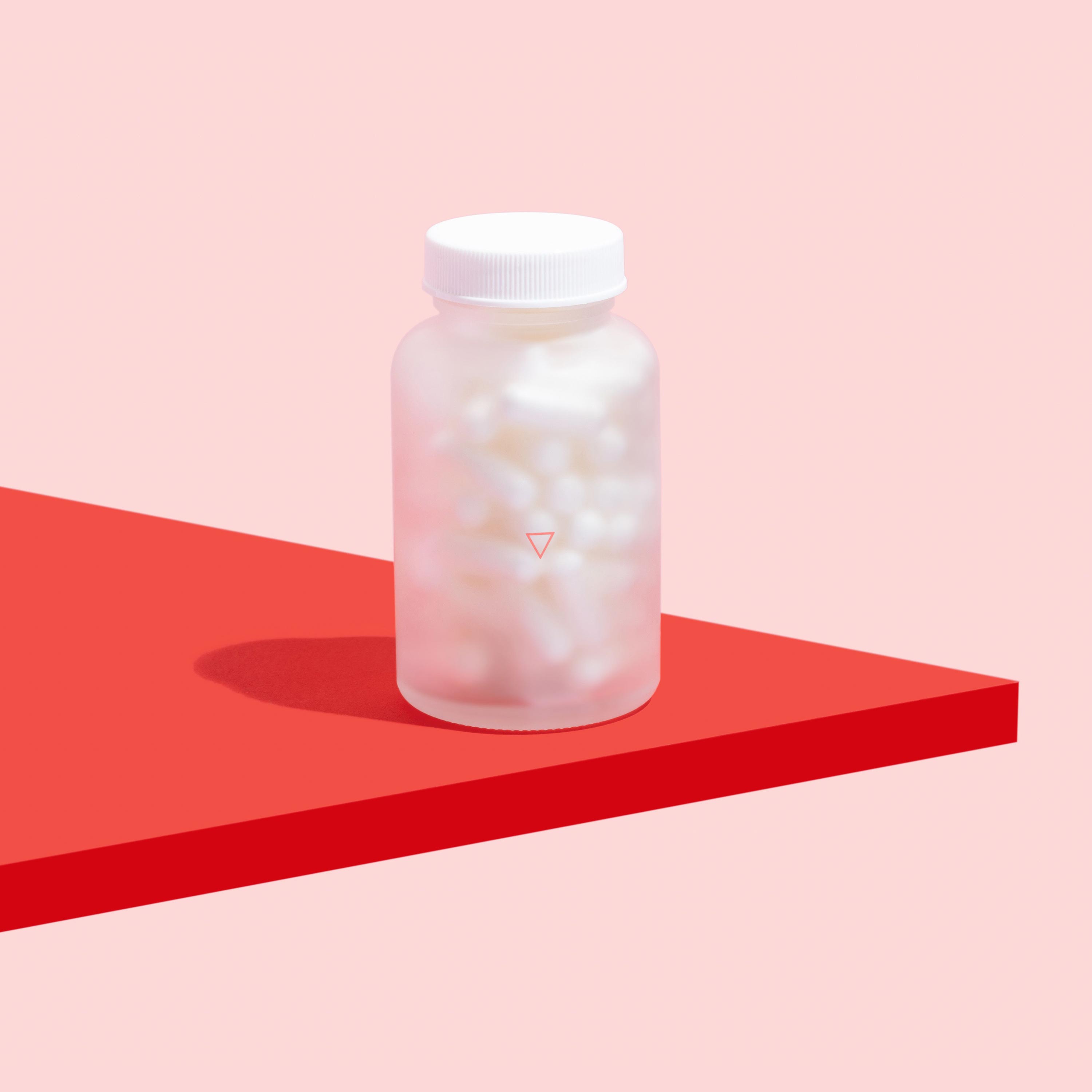
Valacyclovir & Acyclovir | HSV-1
Get hassle-free, judgement-free herpes treatment from the comfort of your couch (no pants required).
Starting at $10.00/ month
Get Started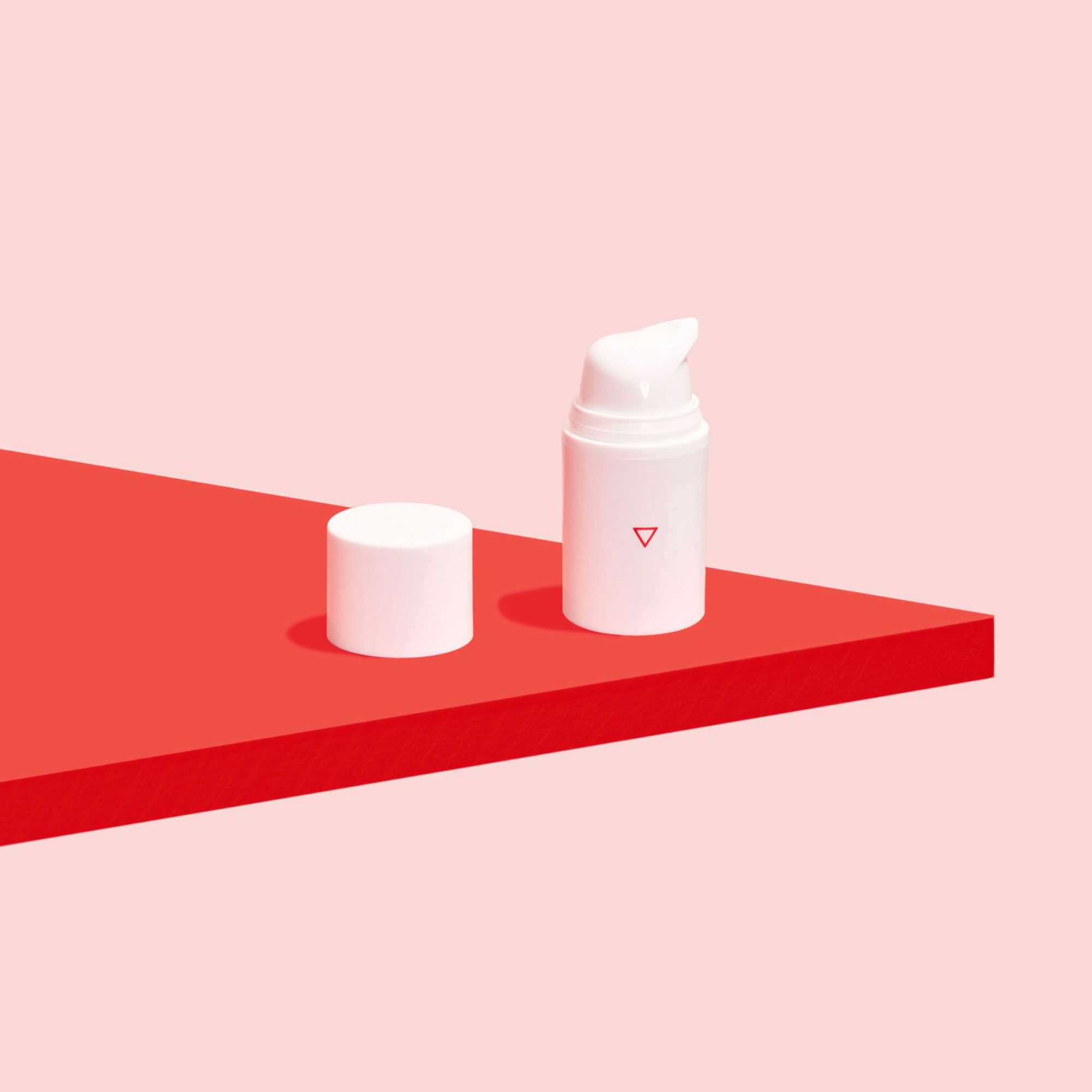
Acyclovir Cream for Cold Sores | HSV-1
Experience relief from cold sore symptoms with our prescription antiviral cream that not only alleviates discomfort but also accelerates the healing process.
Starting at $30.00
Get Started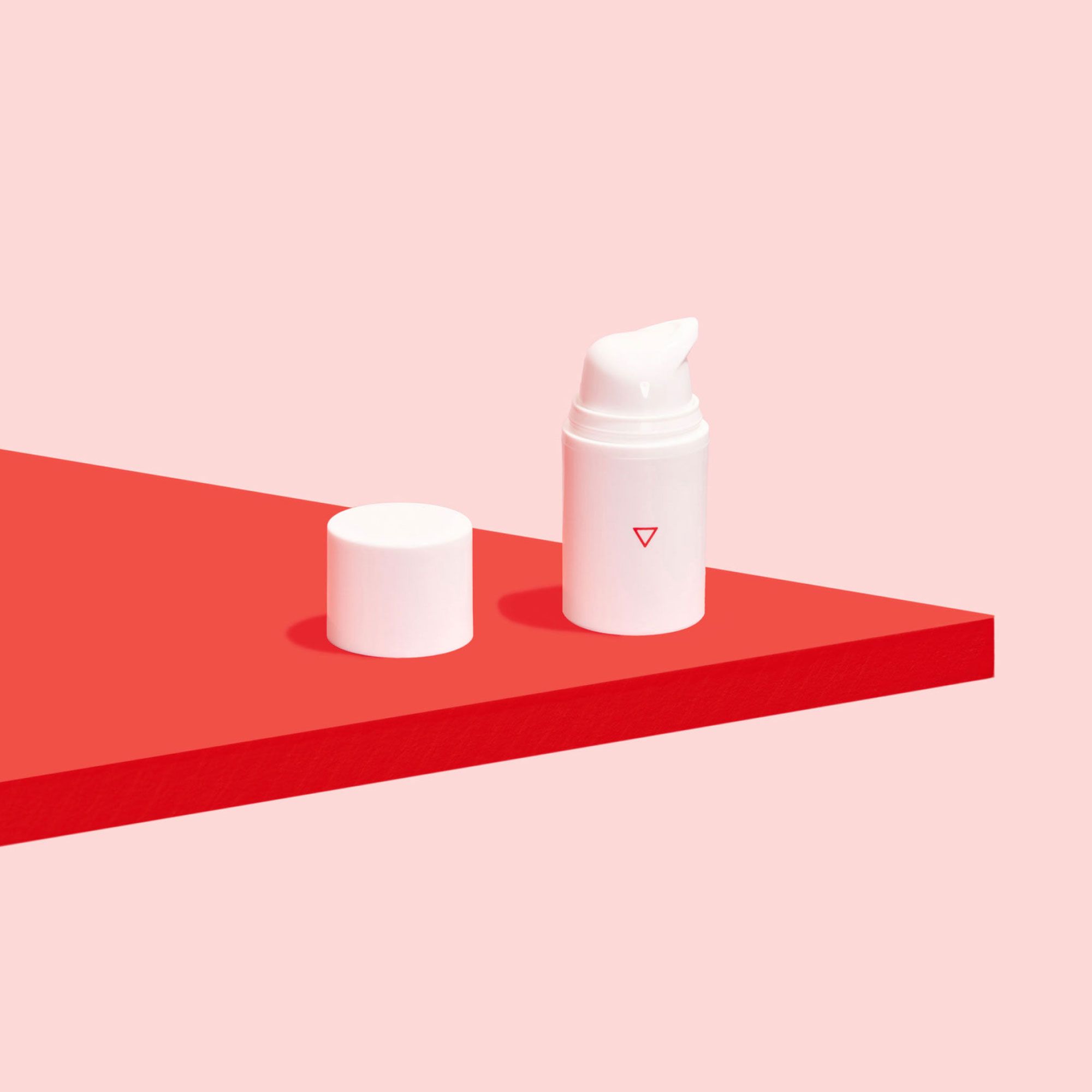
Lidocaine-Amitriptyline Cream | HSV-2
Prescription cream used to relieve outbreak pain.
Starting at $30.00
Get Started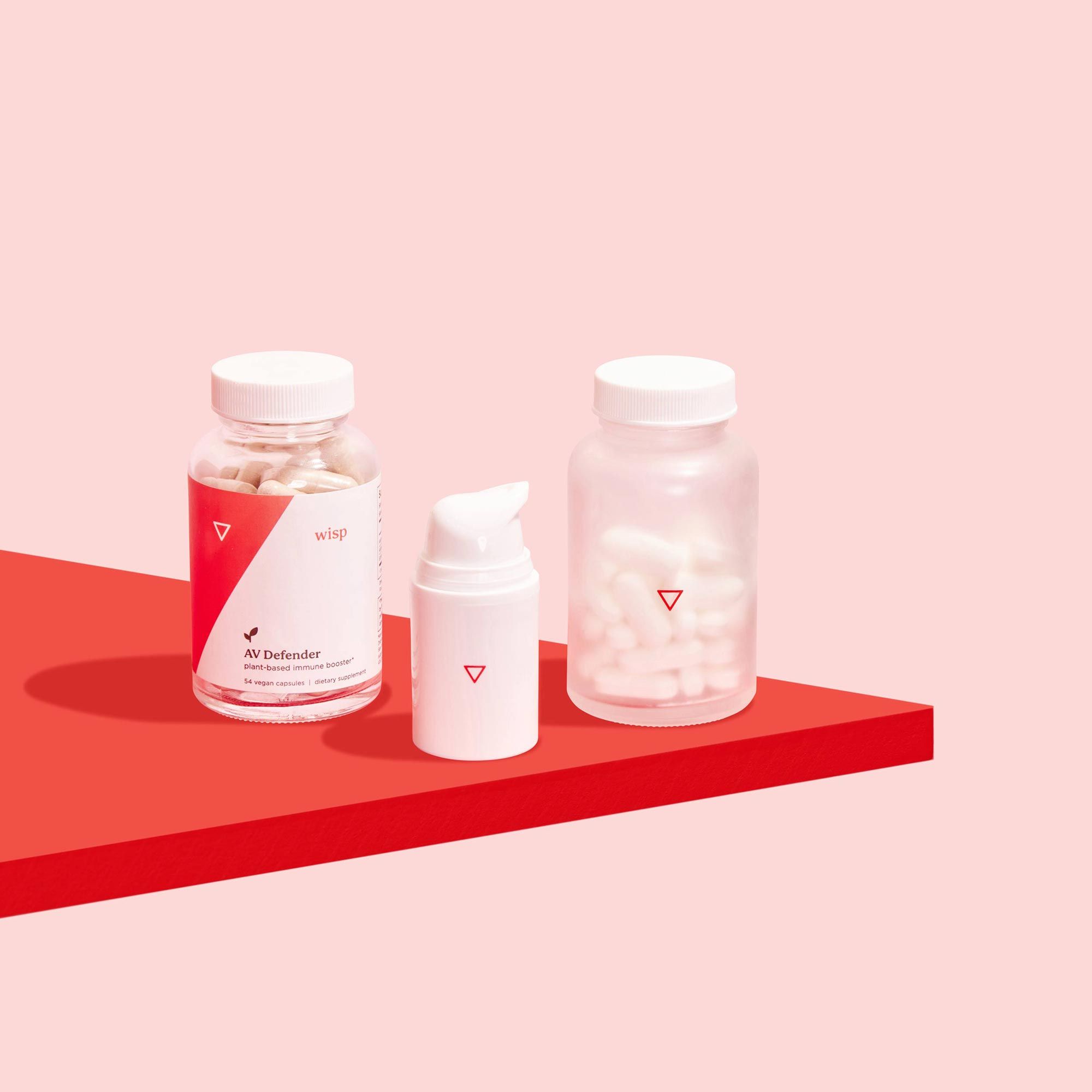
Cold Sore Trio
Bundle Valacyclovir & Acyclovir For HSV-1 & HSV-2, Acyclovir 10% Topical Cream, and All-Natural AV Herbals to treat & prevent outbreaks.
Starting at $45.00
Get Started